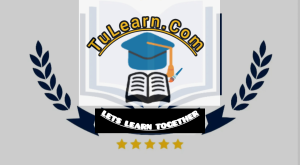
- Teacher: Jacob Mutali
- Student: Charity Akhonya
- Student: Chebet Mercy
- Student: JACOB MUTALI
- Student: Alumasi Naaman
- Student: peter nalianya
Description of Sociology Studies
Sociology is the academic study of society, social relationships, and human behavior in group settings. It examines how individuals interact within societies, how institutions function, and how social structures—like class, race, and religion—influence behavior and life outcomes.
- Teacher: Jacob Mutali
Philosophy studies involve the systematic exploration of fundamental questions about existence, knowledge, values, reason, mind, and language. It encourages critical thinking, logical reasoning, and reflective inquiry. Philosophy is both theoretical and practical, helping individuals understand the world and their place within it.
- Teacher: Jacob Mutali
Educational Administration is the process of planning, organizing, directing, and controlling the activities of educational institutions to achieve specific educational goals.
- Teacher: Jacob Mutali
Is the branch of psychology that focuses on understanding how people learn and how educational settings, teaching methods, and individual differences affect learning.
- Teacher: Jacob Mutali
Essential Skills Studies refer to the development and application of core skills that are necessary for success in education, the workplace, and everyday life.
Key Points:
Definition: A study area focused on teaching fundamental abilities that help individuals function effectively in school, work, and society.
- Teacher: Jacob Mutali
Flexible and Blended Learning enhance education by offering students more control over their learning experiences, integrating technology, and supporting diverse needs and lifestyles. These methods are especially valuable in modern, technology-driven, and inclusive educational environments.Definition:
Flexible learning is an approach that gives learners choices about when, where, and how they learn.
- Teacher: Jacob Mutali
